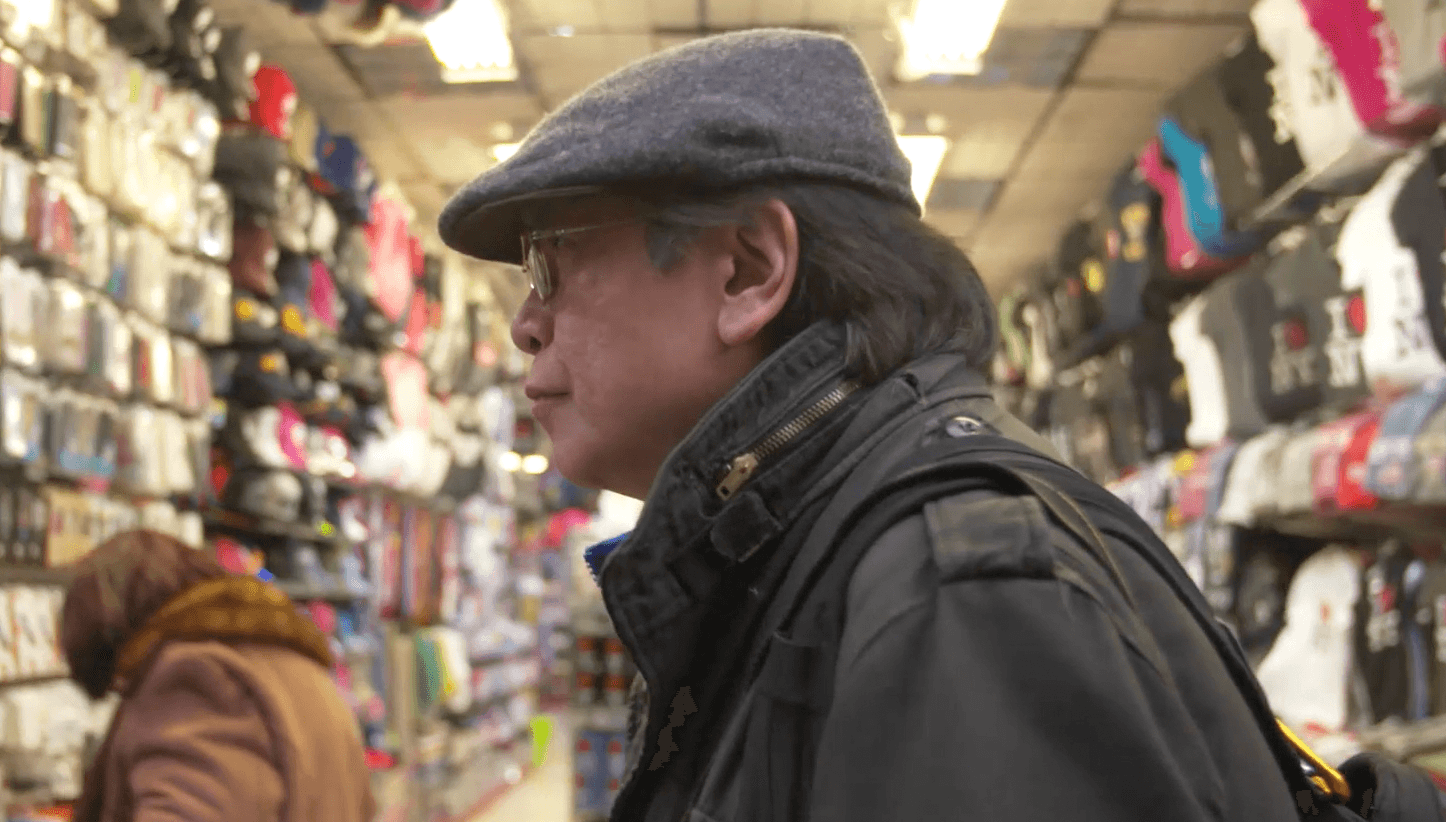by Brian Hioe
語言:
English
Photo Credit: Dear Corky
This is a No Man is an Island film review written in collaboration with Cinema Escapist as part of coverage of the 2022 Asian American International Film Festival. Keep an eye out for more!
“DEAR CORKY” is a tribute to the photographer Corky Lee, who spent decades documenting Asian American life, and died in 2021 from COVID-19. The short documentary film was assembled from footage shot of Lee before his death, though this may not have been with the aim of creating a documentary about Lee at first.
The film, then, takes viewers on a meandering, twenty-minute journey with Lee, detailing his life and work as a chronicler of Asian American history. This serves to take the reader through a number of historic moments, such as Lee’s seminal photography of the protests that took place after the 1982 murder of Vincent Chin.
“Dear Corky” serves to explore some of Lee’s motivations, while avoiding historical didacticism about Lee’s politicization in the 1960s and 1960s. Yet the documentary clearly depicts Lee as a figure present at key historical turning points, hence his ability to be such an able documentor of Asian American life.
Ultimately, Lee is presented as both a central and peripheral figure. Despite having been the definitive photographer of Asian America of the last half-century, at the time of his death, Lee was still scraping by in order to carry on his work.
Namely, Lee still lived life at the margins, speaking in the film of how though his work was often cited or referred to by academics, he did not receive much in the way of financial compensation. Lee alludes in particular to the lack of respect for his intellectual property with the rise of the internet, making it easier than ever to disseminate his images, but excluding him from creative control over how his images could or should be used. To this extent, Lee is depicted as something of a hero figure, with his death framed as a result of his continued activism by way of camera.
“Dear Corky” is capable enough as a documentary, though one still has the sense that its aims are rather modest. It is Lee that makes the rather humble documentary engaging rather than vice-versa. And perhaps that is how it should be, as the documentary is sufficient to provide a revealing look into Lee’s life even if too brief to allow for anything like a full reckoning with it.



